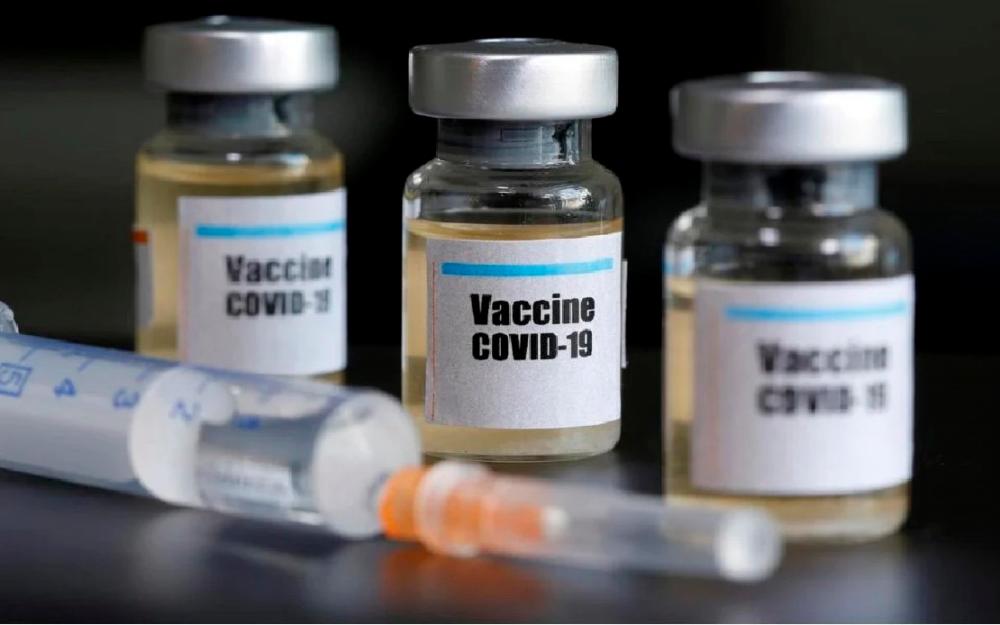PETALING JAYA: Malaysians have been given an assurance that the Covid-19 vaccine, developed on the mRNA (messenger RNA) technique, is safe.
Dr Lim Kue Peng, who heads the immunology and immunotherapy unit at Cancer Research Malaysia, said it does not contain live viruses, and as it has been approved for use, it will not alter human DNA.
She said the vaccine, when injected into the system, would “instruct” the body to produce the harmless spike protein (S-Protein) that will attach itself to the coronavirus that causes Covid-19.
Given that the S-Protein is not usually found in the human body, the immune system will immediately recognise it as a foreign body, triggering it into producing antibodies to destroy the S-Protein and, with it, the coronavirus.
As an Israeli health expert once put it in layman’s term, it is like inserting a USB drive (the mRNA vaccine) into the computer (the body) to prompt the hard drive to run a specified programme.
Lim was responding to fears the vaccine for Covid-19 could cause unexpected side effects.
These fears and concerns have been expressed openly and widely on social media.
For many, the doubts are not unfounded. One concern is the speed at which it has been developed.
By comparison, it took five years before a viable vaccine was available for Ebola, by which time the outbreak, concentrated in West Africa, had died out.
A vaccine for AIDS remains elusive, six decades after the first HIV-1 human infection was reported in the Democratic Republic of Congo.
Lim said concerns about the long-term risks as highlighted by international health experts have not been proven, given that studies have yet to be done.
Her greater concern, she said, is the possibility that those who have already taken the vaccine would assume they are immune to Covid-19.
“Everybody’s immune system reacts differently to vaccines and we do not know if your antibodies are good enough to fight the coronavirus,” she said, underlining the fact that continued adherence to standard operating procedures to curb the spread of Covid-19 is still essential.
Paediatricians Dr Musa Mohd Nordin and Dr Husna Musa expressed concern that the extremely low temperature at which the vaccine has to be stored would pose a logistical problem.
“Another concern is the lack of long-term safety data, given that it’s been only nine months since the first Covid-19 cases were reported,” they said in an email to the media.
They said another unanswered question is whether the vaccine would actually prevent the transmission of the coronavirus or simply prevent people from becoming ill after being infected.
“Lastly, will the vaccine be able to mount a sufficiently protective immune response and how long will it last?”
On Nov 30, Science, Technology and Innovation Minister Khairy Jamaluddin announced that the first shipment of the vaccine from pharmaceutical giant Pfizer will arrive in Malaysia in the first quarter of 2021.
He said Malaysian universities and research institutes have the facilities to store the vaccines at ultra low temperatures as required.










